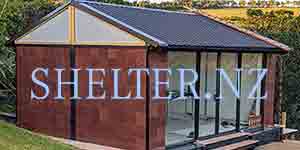Slow Down – You’re Here
Waiheke Island shaping a sustainable future
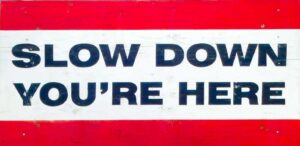
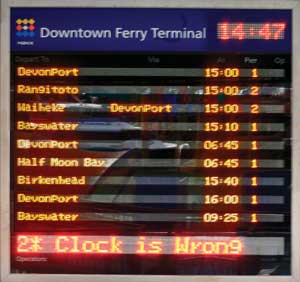
All Current Projects
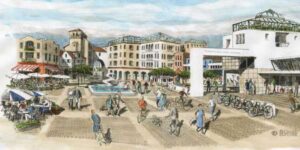
2024: Markettowns.nz
10,000 population, 200 hectare, no outbound commuters, no cars within – based on a self-supporting local economy, a Market Town that addresses all of the social, economic and environmental challenges facing us today. This project was disrupted by COVID.
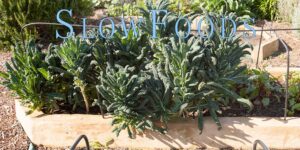
2024: Slow Foods: Grow local food
Unlike olives and grapes which can grow on slopes, market foods need level land. Divert truckloads of excavated clay to local sites at no charge to the land owner. Prepare the land with terraced gardens for market garden food growing on a rent-free commercial basis.
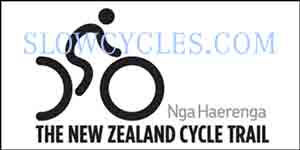
2020: SlowCycles – Cross Waiheke
The NZ Cycle Trail is a great idea, but pedaling through the big smoke is not. Instead ride to Devonport, take Fullers to Matiatia and Sealink to Half Moon Bay – except the Waiheke route is along a main arterial. Hey AT, do it right, a new cycle route like they do in the EU.
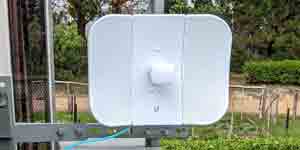
2023 Notice:
If you are on Gulf Internet and the service has failed, use the Contact button to ask how to replace it (Hint: LiteBeam 5ac).
We had to do it and now know what to buy, how easy it is to set up, what to do and also can alert you to the RUS grants.
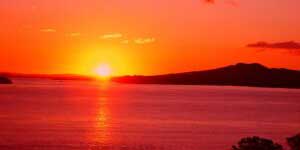
Solar power is slow power, it takes all day to charge, makes no sounds and has no moving parts. It can be on a roof, or a solar farm hooked to the grid. It can have 24/7 storage.
A Waiheke group is implementing a local solar power initiative. As this project unfolds, Slow Down NZ will provide links to Waiheke Energy
Previous Accomplishments
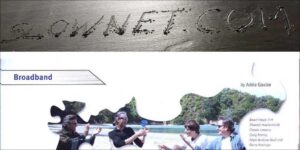
2002: SlowNet – bring broadband
In 2002, Waiheke began a broadband initiative. Telecom was not interested, so Waiheke said they would build their own network. As expected, that panicked the industry and soon both Telecom and ICONZ were installing broadband. The name SlowNet was inspired by the sign that greets the ferries.
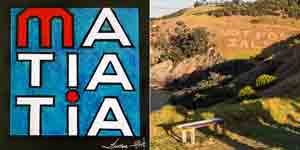
22003: Love Matiatia (Round 1)
In 2003, Waitemata Infrastructure Ltd sought a private plan change to convert Waiheke’s gateway into a private boutique hotel. The island organised into the Community & People of Waiheke (CaPoW) with ⅓ of the population joining to oppose. Funds held by Me Aroha Waiheke Foundation, later Trust Waiheke, who raised $170,000 to defeat WIL.
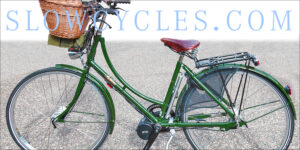
22014: SlowCycles – bring ebikes
In 2013 the Slow Down team went to China to find the latest in ebike kits, bringing back a new midmount motor that would change NZ transport as it flattened the hills. It then put together a buying group in 2014, 27 kits that bike dealers noticed. Soon Waiheke had the most ebikes per capita in NZ and ebikes went viral, nationwide.
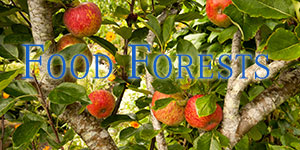
02013: Food Forests Waiheke
In 2012, the Trust was dormant until it was reactivated for the Food Forest Waiheke project. 30 fruit trees on a community-owned section were under-planted to create a thriving eco-system. As a pilot program, it was to serve as a model for local food. It worked and continues to serve as a model even after its founder moved off island.
Resources

Raise Bed Gardens
In 2008, a community resource to make raised bed gardens was launched. A set of steel and timber moulds were made, filled with the Waiheke mud brick mix (Gap 40 / cement). Ownership of the moulds and mixer was released into the public domain, circulated throughout Waiheke, passing from one gardener to another .
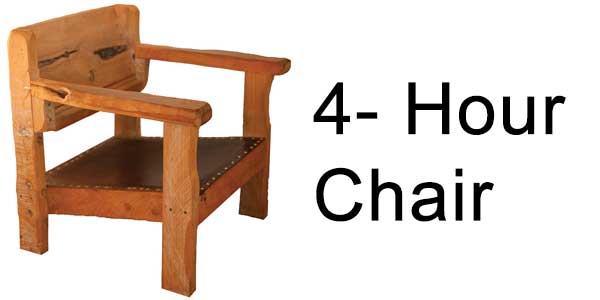
The 4-Hour Chair
You save a lot of money making your own home, but when it comes to furnishing, the store prices are high and the durability weak. So we invented the 4-hour chair that can be made by you. No measuring, no previous skill with tools, very basic recycled and upcycled materials. Cost $20+/- and takes about 4 hours to make and finish.
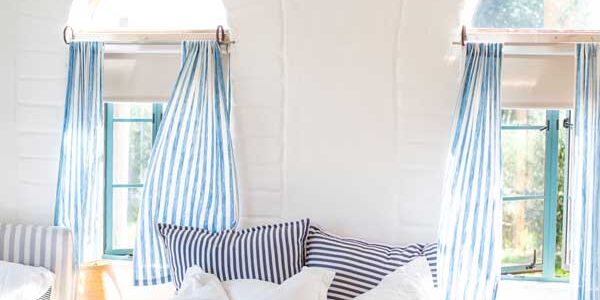
Whitewash & Slurry Recipes
Whitewash on interior walls, and slurry on the outside are ancient finishes that are low cost, beautiful, durable and much easier to maintain than paint. Why are they not used? Because building materials are a business, and the profit in a $20 bag of lime that will do the whole interior is not profitable. Ditto exterior render.
Click on photographs for links

